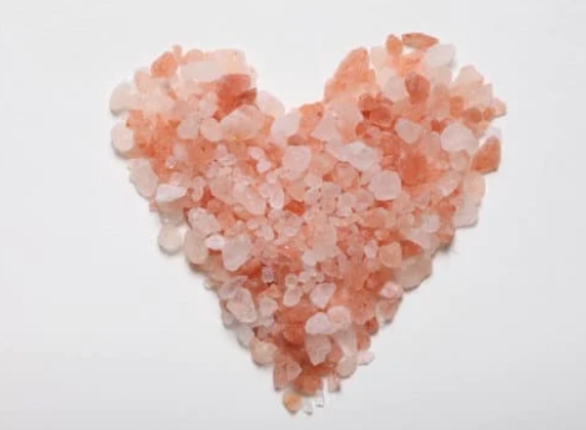
For decades, we’ve been told that the best way to support healthy blood pressure is to reduce salt intake. While it's true that excessive sodium can be harmful, the full story is more nuanced. In fact, your body requires salt to function properly especially when it comes to nerve signaling, muscle contractions, and maintaining fluid balance.
So if salt is essential for survival, why does it have such a bad reputation?
The answer may lie not just in how much salt we consume, but in what kind.
Sodium and chloride—the two components of salt—play critical roles in human physiology:
When people cut out salt completely, they often report fatigue, dizziness, and even heart palpitations. These symptoms aren’t signs of improvement. They’re signs of imbalance.
Dr. Marlene Merritt, a practitioner known for integrating nutritional science into cardiovascular care, has highlighted one type of salt that may actually help maintain healthy blood pressure—without the risks associated with heavily processed table salt.
So what’s the mystery salt?
It’s not Himalayan. It’s not Dead Sea salt. And it’s certainly not MSG.
According to Dr. Merritt, the standout is Celtic salt.
Celtic salt is a mineral-rich sea salt that retains its natural trace elements, including magnesium, potassium, and calcium. Unlike highly refined salt that’s been stripped of its nutrients and often contains additives, Celtic salt remains close to its natural state—and may offer benefits that go beyond just seasoning food.
It might seem counterintuitive, but research suggests that the balance of minerals like potassium and magnesium is just as important as sodium when it comes to blood pressure regulation. Celtic salt provides small amounts of these supporting minerals, which can help:
It’s not a magic fix but it can be a smart addition to a thoughtful, balanced approach to wellness.
If you're concerned about blood pressure, here are a few practical ways to approach salt more mindfully:
The idea that all salt is harmful oversimplifies a much more complex conversation. Your body doesn’t just tolerate salt, it relies on it. The key is to choose sources that nourish rather than deplete, and to stay informed about how nutrition influences your heart, your energy, and your long-term health.
As we learn more, it becomes clear: not all salt is created equal. And in the right form, it may be more friend than foe.

